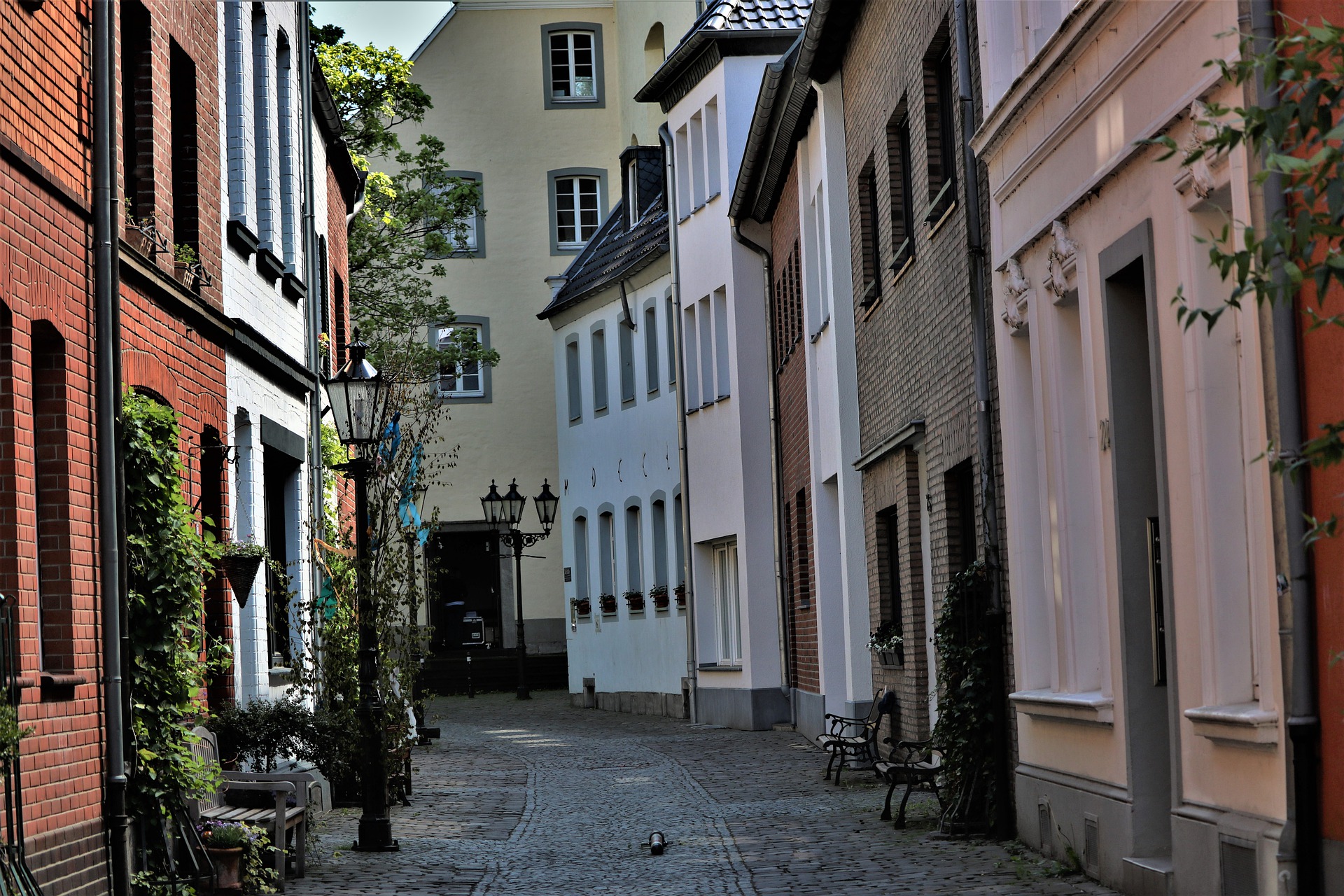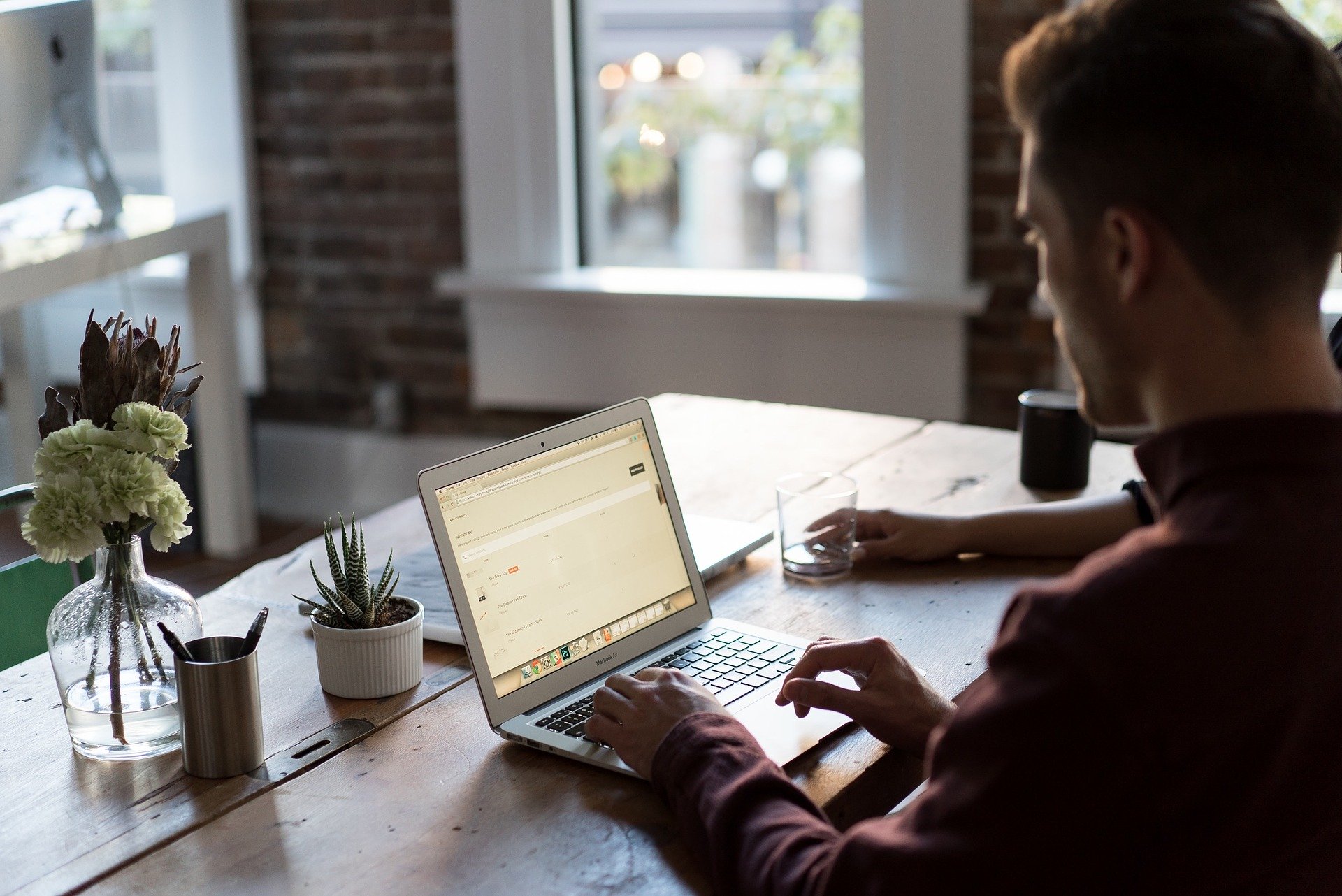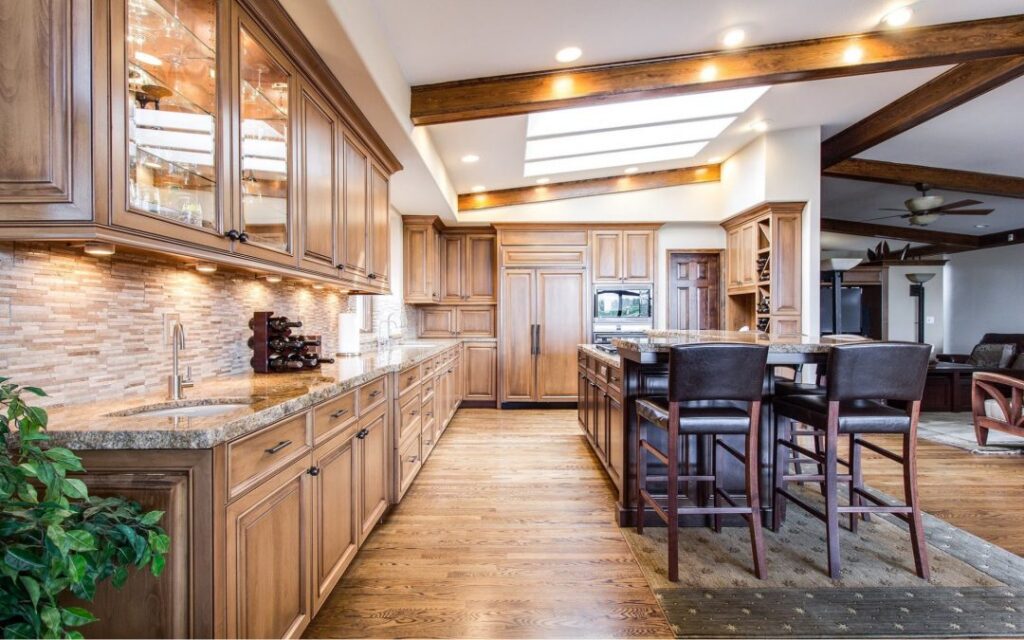Comfortably working from your own flat, without having to go out, to take a bus, the subway or your car, without crossing traffic, crowds and noise is a dream for many people.
But how much good is it for us? And, above all, how comfortable is our apartment?
Despite individual situations, the recent lockdown due to the pandemic has undoubtedly put these issues and the prospects for the future development of teleworking in the spotlight around the world, surely affecting trends in real estate.
WHAT DO WE NEED TO BE HAPPY (IN OUR HOME)?
As long as we like Netflix and the sofa, the relax of working on our own, feeling free and with no pressure, being locked up is fine for a little while, but sooner or later it overwhelms us or hurts us.
We are not machines and, even if we would like to avoid some of the annoyances and stress caused by our routine, being with people, moving around, going outside, breathing some fresh air, looking at trees and mountains or at the sea is something essential for the human being.
We need to activate our body, get tired, share things with people and, shortly, to be alive and free. We know that absolute freedom does not exist, that commitment is necessary and fruitful, but neither can we live happily handcuffed, confined, locked up, suffering excessive restrictions, rules and limitations. That is why we continually seek a balance between freedom and living in society, between solitude and company, calm and chaos, rest and creation, caring for ourselves and caring, comforts and nature.

And so, after having experienced this confinement for months, many people and families finally realized the real value of their own house in order to achieve this balance and they understood what they need to not suffer the permanence (necessary or voluntary) home and to get the best result from that: a comfortable, practical and relaxing workspace, possibly with a view, a well-equipped room to share time and activities with those you live with, a terrace or a garden where you can train, take some air, meditate, contemplate nature or the landscape. Those who have found themselves living this experience in a studio or small apartment, claustrophobic, with no view, with few windows, no balcony or terrace, have just gone crazy. But others, thanks to the kind of place where they lived, have been able to enjoy confinement, looking at their best side: the possibility of a break from stress and work, having some useful time to dedicate to themselves.
NEW TRENDS IN A TRANSITION PHASE
Clearly, another essential element has played an important role: the economic situation in which each one found himself at that time. That, as it may seem like a different topic, is actually something that (obviously with fortunate exceptions) in most cases coincided: the more resources, the more comfortable and spacious the house is, so the confinement has tended also to be psychologically harder for people with fewer resources, especially in bigger and more expensive cities. In cities such as Madrid, London, Rome, Milan and Paris, normally, the cost of a place does not have comparisons with that of a town or a smaller city, so in these cities the differences in resources have further amplified the differences in quality of life.
I have met people who lived in the center of Paris and have been able to spend confinement in a house at the foot of the Swiss Alps, other people who lived in a flat in London and have passed the confinement here in Spain and, in all In these cases, the reflection was the same: how lucky to have had that opportunity, in Paris or London we would have had a very bad time.
On the contrary, as we said, in the smaller towns and cities, where it is not impossible to have a house surrounded by a garden, a terrace or a larger apartment at a good price, these differences were less noticeable or, at least, they were more the exceptions.
In short, what we have experienced has changed people’s priorities in the real estate market and will possibly change trends and prices as well.
Around Rome, for example, the search for houses outside the city, in the province, in the villages has grown by 37%. But we well know that the market is something very complex and above all that we will need to wait to assess the long-term impact of new trends. Whether we are facing the end of the era of urbanization or not is still uncertain.

THE ROLE OF THE FOURTH INDUSTRIAL REVOLUTION
Teleworking, together with the online classes that some universities have decided to carry out, could empty big cities, damage their businesses and thus also change the real estate sector. In a few months we could find ourselves facing a massive sale of empty flats due to the departure of students and workers or a drop in rental prices, and this could be followed by a wide operation of real estate speculation by the financially most powerful groups. Everything will depend on what happens in the coming months and that is why the market is still in an observation phase.
At the same time, prices could increase in some towns and peripheries and much will depend on the trends that are created with respect to that but also on the economic structure of each area: the crisis of tourism (and with it of short-term rentals) could balance the possible increase in prices in towns that live above all of that (like the Valencian Community for example).
What is certain is that a new awareness has spread regarding the quality of housing and what we need to enjoy it and that will undoubtedly have consequences in the real estate market but also in the interior design market. When it is not possible, convenient or necessary to move, the best solution could be to add a few touches to the apartment or house to make it more livable or to become a better investment.

